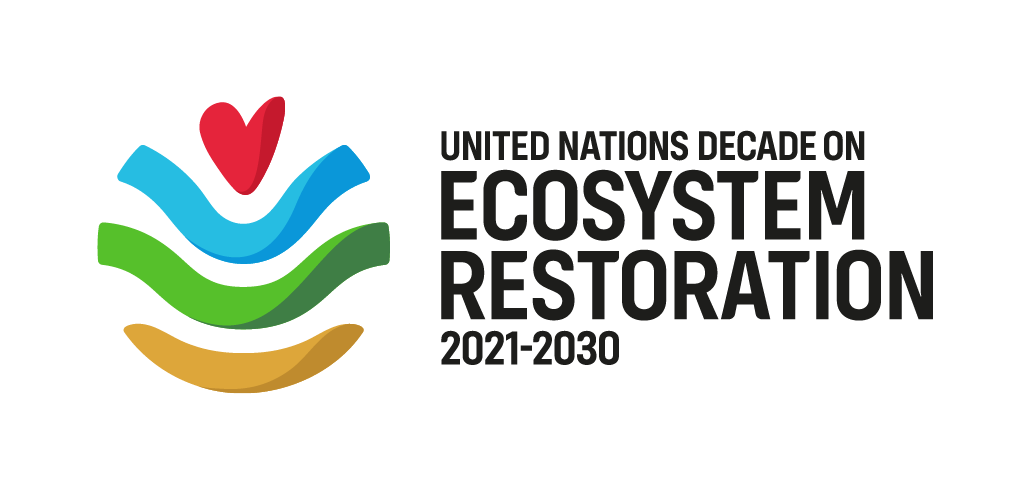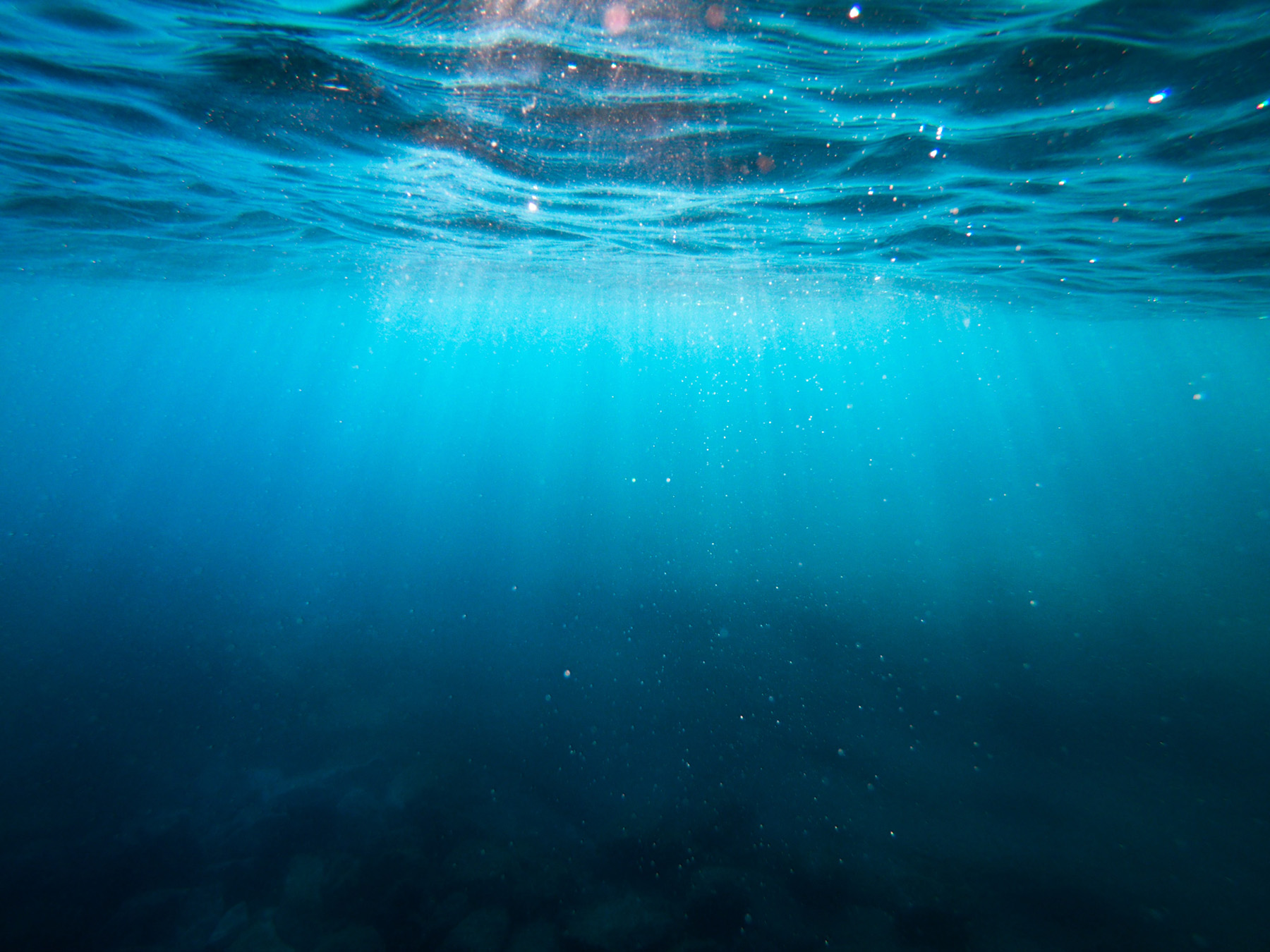FREE SPIRIT JOINS THE AQUATIC TASK FORCE
OF THE UN DECADE ON ECOSYSTEM RESTORATION
Free Spirit is proud to join leading environmental organizations as an official partner in the UN Decade on Ecosystem Restoration, a rallying call for the protection and revival of ecosystems, vital to our lives and well-being, all around the world. As an actor and official partner, Free Spirit will play an active role in managing and shaping the Decade on Ecosystem Restoration. Building on our extensive experience to protect and restore nature, our long-term commitment will entail actively funding and leading efforts to realize ecosystem restoration globally, and contributing new science and research to help scale up these efforts effectively. Free Spirit joins the Aquatic task force of the UN Decade.
We live on a blue planet, with oceans and seas covering more than 70 per cent of the Earth. Oceans feed us, regulate our climate, and generate most of the oxygen we breathe. They underpin key sectors of the economy such as tourism and fisheries. And they harbour biodiversity from whales to plankton in habitats from sun-lit reefs to polar oceans.
Despite their importance, oceans and coasts face unprecedented threats. Millions of tons of plastic waste are entering the world’s oceans and harming creatures including seabirds, turtles and crabs. Climate change is damaging coral reefs and other key ecosystems. People are cutting too much wood from mangroves and clearing them for fish farms and other activities. Overfishing is threatening the stability of fish stocks, nutrient pollution is contributing to the creation of dead zones, and nearly 80 per cent of the world’s wastewater is discharged without treatment.
Restoring oceans and coasts means reducing the pressure on those ecosystems so they can recover, both naturally and by re-seeding or transplanting key species. It also means understanding how to make both ecosystems and communities more resilient in the face of global change. For instance, governments and communities need to make fishing sustainable. Pollutants must be treated before they reach the ocean, and solid waste like plastics kept out completely. Growing coastal cities should protect, not replace, coastal ecosystems. And coral reefs, mangroves and seagrasses must be carefully managed and actively restored so that oceans continue to support billions of livelihoods globally.




